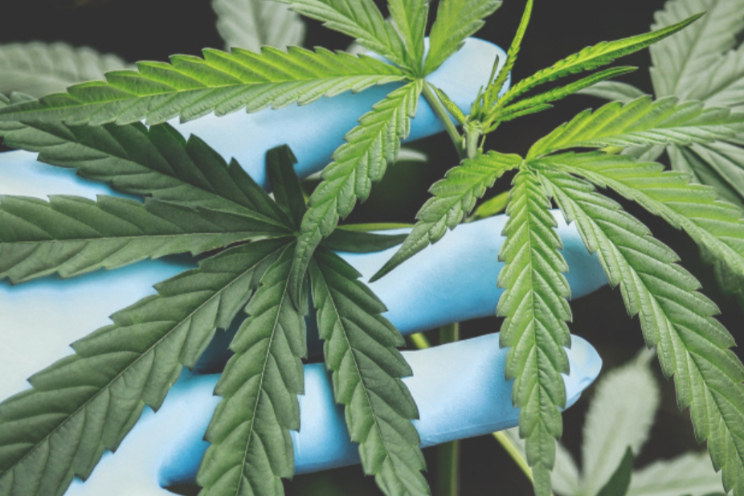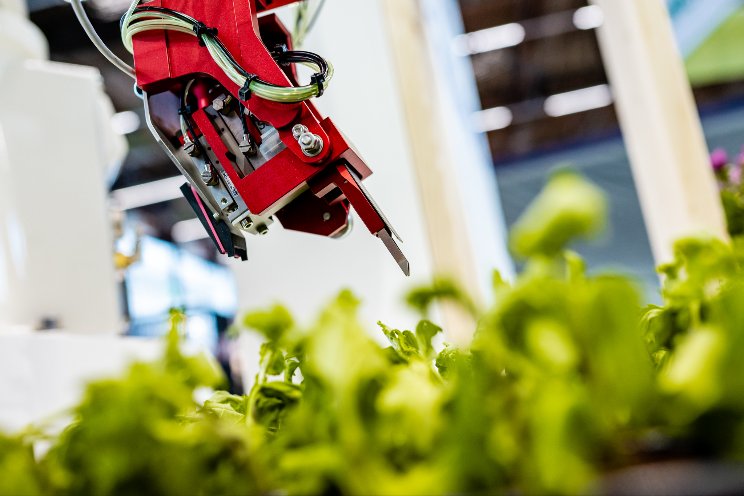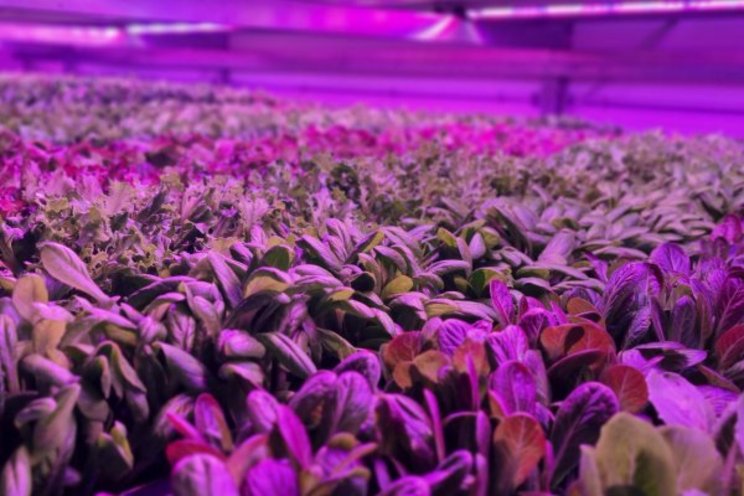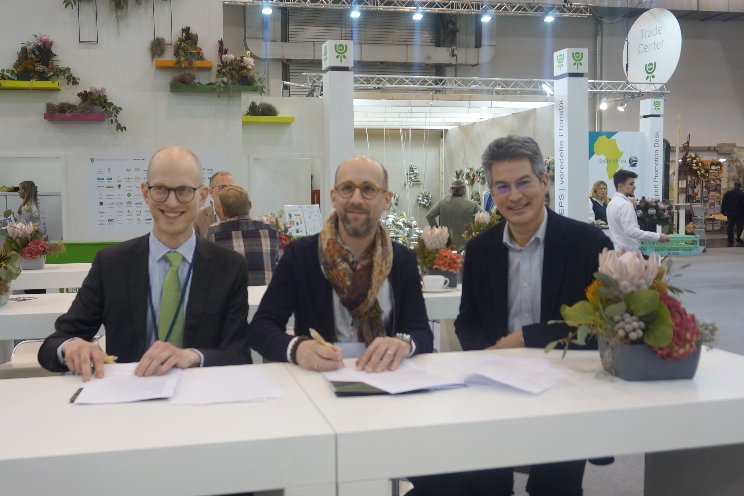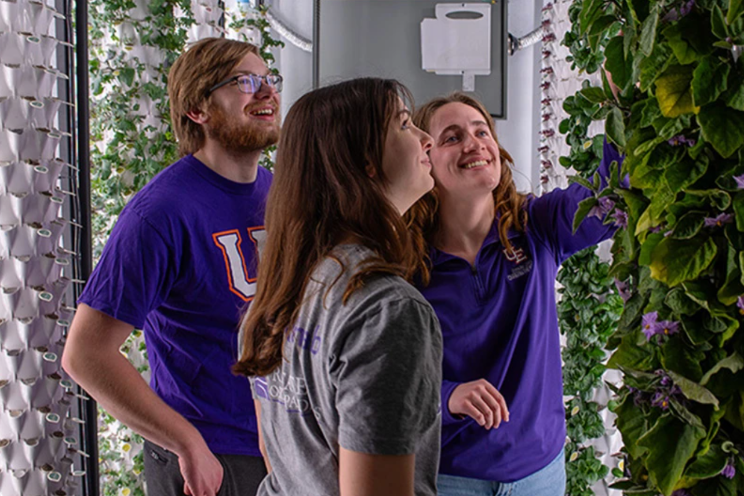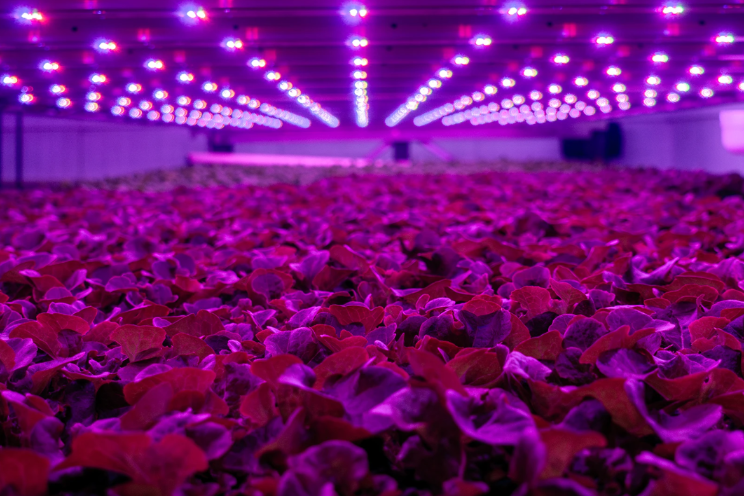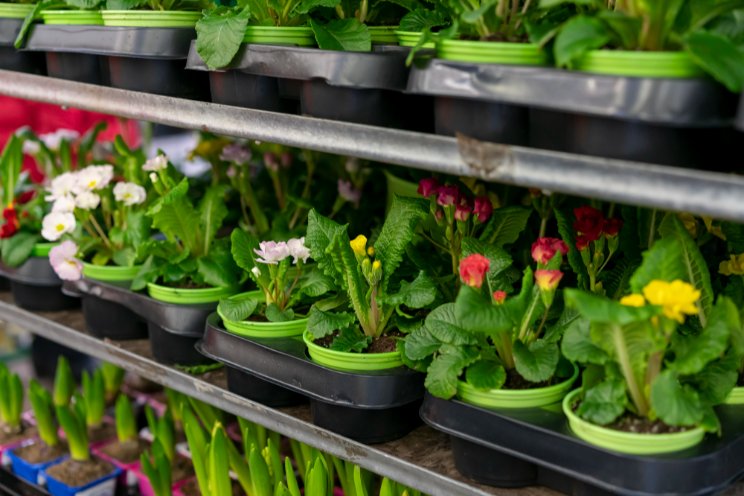£800k government grant to convert broccoli waste into protein
Added on 04 July 2023

Together, they have secured a joint grant from the Department of Food and Rural Affairs (DEFRA) and UK Research and Innovation (UKRI). The newly established SusProt Project aims to address the issue of unutilized broccoli biomass (stem and stalk), which accounts for approximately 80% of the harvest. The project’s objective is to convert this previously wasted side stream into affordable, environmentally friendly, and highly nutritious protein.
A recent study by Boston Consulting Group (BCG) revealed that the food system is responsible for 26% of global CO2 emissions. The study concluded that transitioning to alternative, plant-based proteins is one of the most effective measures to combat the climate crisis. Additionally, the United Nations has emphasized that food loss and waste contribute to nearly 8% of global greenhouse gas emissions. The reduction of waste at the farm level, as targeted by the SusProt Project, is considered the most impactful approach to addressing food insecurity and mitigating strain on land and water resources.
According to DEFRA statistics, over 600,000 tonnes of broccoli plant mass are currently wasted in the UK alone. This includes not only the stem, stalk, and leaves but also broccoli heads that fail to meet stringent supermarket requirements. Despite being categorized as ‘waste,’ this side stream possesses the same nutritional value as the broccoli found in supermarkets. By harvesting it for valuable proteins and ingredients, it offers a more sustainable alternative to pea or soy protein.
The consortium led by UPP comprises esteemed organizations such as the James Hutton Institute, renowned as the AgriTech equivalent of MIT, bringing expertise in crop valorization, phytochemistry, food, and nutrition. The Agri-EPI Centre, specializing in precision agriculture, will conduct a comprehensive life cycle analysis to evaluate the environmental and economic sustainability of the product at each stage of development. This analysis will inform necessary adaptations to maximize water and energy usage efficiency, minimize emissions, and provide an evidence base for the project’s environmental benefits.
Photo: UPP
More news
